Many aging adults are concerned about their memory and other cognitive functions. They might be concerned with learning new information more slowly or forgetting to pay a bill from time to time. However there is a difference between common forgetfulness and memory loss. Here’s what you should know:
What is normal forgetfulness and what isn’t?
What is the distinction between everyday forgetfulness and a serious memory issue? It’s natural to forget things from time to time as we age, yet severe memory difficulties make it difficult to conduct ordinary activities such as driving, using phones, and getting home.
Signs that it might be time to talk to a doctor include:
- Asking the same questions over and over again
- Getting lost in places a person knows well
- Having trouble following recipes or directions
- Becoming more confused about time, people, and places
- Not taking care of oneself —eating poorly, not bathing, or behaving unsafely
Mild cognitive impairment
People who have a mild cognitive impairment, or MCI, are those who have more memory or other thinking difficulties than typical adults their age. People with MCI can generally look after themselves and carry out regular tasks. MCI may be an early symptom of Alzheimer’s disease, however not everyone with MCI will get it.
Signs of MCI include:
- Losing things often
- Forgetting to go to important events or appointments
- Having more trouble coming up with desired words than other people of the same age
Dementia and aging
Dementia is not a natural phase of aging. It covers the loss of cognitive function, including thinking, memory, learning, and reasoning, to the point that it impairs a person’s quality of life and daily activities. Although memory loss is typical, it isn’t the only indication of dementia. People with dementia may have problems with language abilities, visual perception, or attention as well as memory deficits. Personality changes are also prevalent among people who have dementia.
When to visit the doctor for memory loss
Talk to your doctor if you, a family member, or a friend is having trouble remembering recent happenings or thinking clearly. A complete examination might be advised to discover what is causing the symptoms. You may also wish to discuss research opportunities with your physician.
The PMI Research Centers are currently enrolling subjects with Alzheimer’s Disease into research studies. We are seeking men and women between the ages of 50 – 85 who are diagnosed or believed to be suffering from Alzheimer’s related symptoms. If you think you might be eligible, you can fill out this form and learn more.



